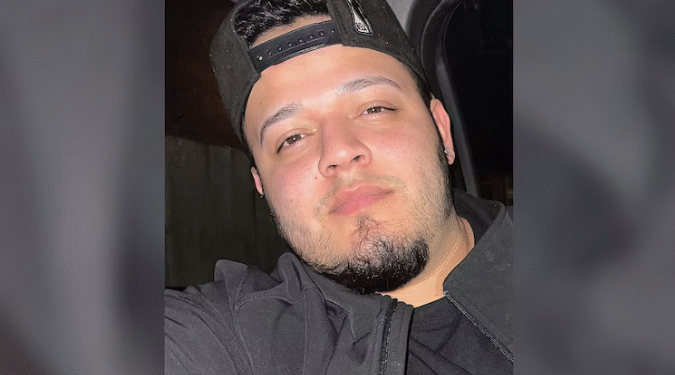One week after being returned to the United States from detention in El Salvador, Kilmar Abrego Garcia is set to be arraigned Friday in Tennessee on federal human smuggling charges.
Abrego Garcia, 29, had been deported in March to El Salvador’s notorious CECOT mega-prison, despite a 2019 court order prohibiting his removal due to fears of persecution. The Trump administration justified the deportation by labeling him a member of the MS-13 gang—an accusation his family and attorneys strongly deny.
Following a prolonged legal battle and pressure from the court, the administration brought Abrego Garcia back to the U.S. last week. He now faces a two-count indictment accusing him of participating in a long-running conspiracy to transport undocumented migrants—some of them children—from Texas into the U.S. interior while living with his wife and children in Maryland.
Government Pushes for Pre-Trial Detention
Federal prosecutors have requested a pre-trial detention hearing, arguing that Abrego Garcia poses a flight risk and may attempt to obstruct justice or intimidate witnesses, including alleged co-conspirators. Magistrate Judge Barbara Holmes is expected to consider this motion during Friday’s hearing.
In a court filing, prosecutors claimed that if pre-trial detention were denied, ICE would likely detain Abrego Garcia immediately. However, they urged the court to consider that he “would have an enormous reason to flee” if not held.
They also cited allegations from at least one co-conspirator claiming Abrego Garcia used supposed MS-13 ties to intimidate others, including those who confronted him about mistreating female smuggling victims and smuggling firearms and drugs—activities prosecutors said heightened the risk of exposure.
Defense Pushes Back Against Detention Request
Abrego Garcia’s attorneys countered in a Wednesday filing, calling the government’s detention arguments unfounded and politically motivated.
“It should also come as no surprise that the government has not cited a single case holding that a generic alien-smuggling charge provides grounds for a detention hearing,” the defense wrote. “This case should not be the first.”
They argued Abrego Garcia is not a flight risk, has no history of avoiding arrest, and hasn’t traveled internationally recently—aside from his forced deportation. They also challenged the claim that he poses a serious risk of obstruction, stating that the “baseless gang-affiliation allegations” don’t justify detention.
“The government is not entitled to seek detention in this case,” the attorneys wrote, urging the court to deny the motion for pre-trial detention.
The arraignment and related hearings mark the next chapter in a case that’s drawn national attention for its legal and political implications—particularly surrounding the Trump administration’s immigration enforcement tactics and the treatment of asylum seekers with active court protections.









